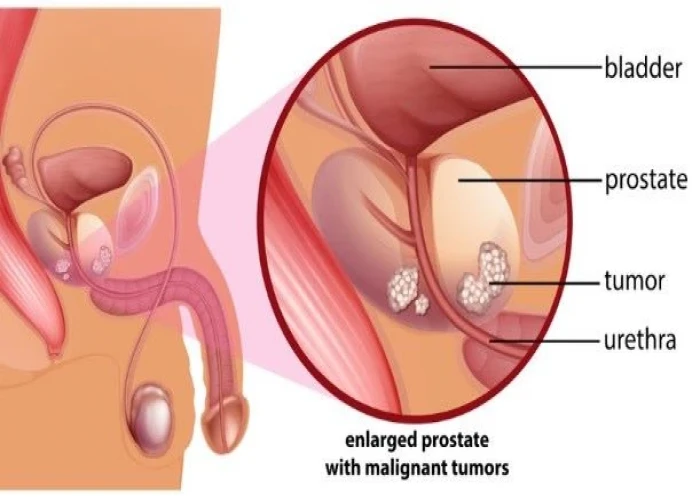 Welcome
Welcome
“May all be happy, may all be healed, may all be at peace and may no one ever suffer."
Prostate cancer
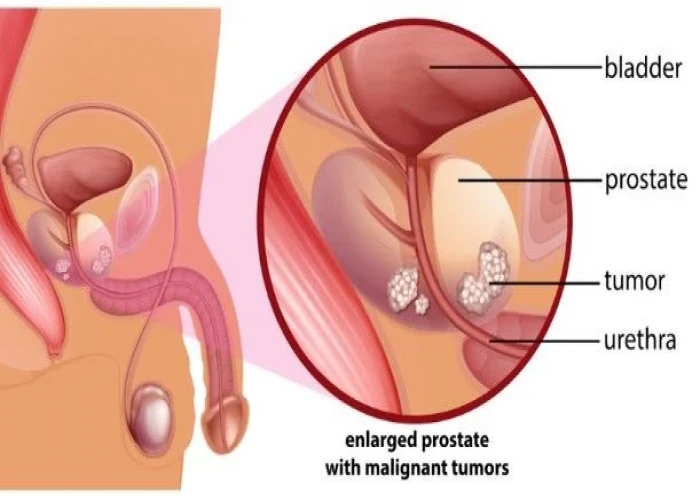
Prostate cancer is a type of cancer that develops in the prostate gland, which is part of the male reproductive system. It is the most common cancer in men, and typically affects older men. Prostate cancer often grows slowly and may not cause symptoms for many years, but in some cases, it can grow quickly and spread to other parts of the body.
The exact causes of prostate cancer are not fully understood, but factors that may increase the risk of developing prostate cancer include age, family history of prostate cancer, obesity, and a diet high in fat and low in fruits and vegetables.
Symptoms of prostate cancer may include difficulty urinating, weak or interrupted urine flow, frequent urination, blood in the urine or semen, and pain in the pelvis or lower back. However, in many cases, prostate cancer may not cause any symptoms.
The diagnosis of prostate cancer typically involves a combination of a digital rectal exam, a blood test to measure prostate-specific antigen (PSA) levels, and a prostate biopsy to confirm the presence of cancer cells.
Treatment options for prostate cancer may depend on factors such as the size and stage of the cancer, the patient's age and overall health, and the potential risks and benefits of different treatment approaches. Treatment options may include watchful waiting (also known as active surveillance), surgery to remove the prostate gland (prostatectomy), radiation therapy, hormone therapy, or chemotherapy.
With early detection and appropriate treatment, many men with prostate cancer are able to achieve remission and live long, healthy lives. Regular prostate cancer screenings are recommended for men at increased risk of developing the disease, including men over the age of 50 and men with a family history of prostate cancer.
Research Papers
Disease Signs and Symptoms
- Decreased force in stream of urine
- Blood in urine (hematuria)
- Bone pain
- Weight loss
- Prostate cancer
Disease Causes
Prostate cancer
It's not clear what causes prostate cancer.
Doctors know that prostate cancer begins when cells in the prostate develop changes in their DNA. A cell's DNA contains the instructions that tell a cell what to do. The changes tell the cells to grow and divide more rapidly than normal cells do. The abnormal cells continue living, when other cells would die.
The accumulating abnormal cells form a tumor that can grow to invade nearby tissue. In time, some abnormal cells can break away and spread (metastasize) to other parts of the body.
Disease Prevents
Prostate cancer
You can reduce your risk of prostate cancer if you:
- Choose a healthy diet full of fruits and vegetables. Eat a variety of fruits, vegetables and whole grains. Fruits and vegetables contain many vitamins and nutrients that can contribute to your health.
- Whether you can prevent prostate cancer through diet has yet to be conclusively proved. But eating a healthy diet with a variety of fruits and vegetables can improve your overall health.
- Choose healthy foods over supplements. No studies have shown that supplements play a role in reducing your risk of prostate cancer. Instead, choose foods that are rich in vitamins and minerals so that you can maintain healthy levels of vitamins in your body.
- Exercise most days of the week. Exercise improves your overall health, helps you maintain your weight and improves your mood. Try to exercise most days of the week. If you're new to exercise, start slow and work your way up to more exercise time each day.
- Maintain a healthy weight. If your current weight is healthy, work to maintain it by choosing a healthy diet and exercising most days of the week. If you need to lose weight, add more exercise and reduce the number of calories you eat each day. Ask your doctor for help creating a plan for healthy weight loss.
- Talk to your doctor about increased risk of prostate cancer. If you have a very high risk of prostate cancer, you and your doctor may consider medications or other treatments to reduce the risk. Some studies suggest that taking 5-alpha reductase inhibitors, including finasteride (Propecia, Proscar) and dutasteride (Avodart), may reduce the overall risk of developing prostate cancer. These drugs are used to control prostate gland enlargement and hair loss.
- However, some evidence indicates that people taking these medications may have an increased risk of getting a more serious form of prostate cancer (high-grade prostate cancer). If you're concerned about your risk of developing prostate cancer, talk with your doctor.
Disease Treatments
Your prostate cancer treatment options depend on several factors, such as how fast your cancer is growing, whether it has spread and your overall health, as well as the potential benefits or side effects of the treatment.
Immediate treatment may not be necessary
Low-grade prostate cancer may not need treatment right away. For some, treatment may never be needed. Instead, doctors sometimes recommend active surveillance.
In active surveillance, regular follow-up blood tests, rectal exams and prostate biopsies may be performed to monitor progression of your cancer. If tests show your cancer is progressing, you may opt for a prostate cancer treatment such as surgery or radiation.
Active surveillance may be an option for cancer that isn't causing symptoms, is expected to grow very slowly and is confined to a small area of the prostate. Active surveillance may also be considered for someone who has another serious health condition or who is of an advanced age that makes cancer treatment more difficult.
Surgery to remove the prostate
Surgery for prostate cancer involves removing the prostate gland (radical prostatectomy), some surrounding tissue and a few lymph nodes.
Surgery is an option for treating cancer that's confined to the prostate. It's sometimes used to treat advanced prostate cancer in combination with other treatments.
To access the prostate, surgeons may use a technique that involves:
- Making several small incisions in your abdomen. During robot-assisted laparoscopic prostatectomy, surgical instruments are attached to a mechanical device (robot) and inserted through several small incisions in your abdomen. The surgeon sits at a console and uses hand controls to guide the robot to move the instruments. Most prostate cancer operations are done using this technique.
- Making one long incision in your abdomen. During retropubic surgery, the surgeon makes one long incision in your lower abdomen to access and remove the prostate gland. This approach is much less common, but may be necessary in certain situations.
Discuss with your doctor which type of surgery is best for your specific situation.
Radiation therapy
Radiation therapy uses high-powered energy to kill cancer cells. Prostate cancer radiation therapy treatments may involve:
- Radiation that comes from outside of your body (external beam radiation). During external beam radiation therapy, you lie on a table while a machine moves around your body, directing high-powered energy beams, such as X-rays or protons, to your prostate cancer. You typically undergo external beam radiation treatments five days a week for several weeks. Some medical centers offer a shorter course of radiation therapy that uses higher doses of radiation spread over fewer days.
- External beam radiation is an option for treating cancer that's confined to the prostate. It can also be used after surgery to kill any cancer cells that might remain if there's a risk that the cancer could spread or come back. For prostate cancer that spreads to other areas of the body, such as the bones, radiation therapy can help slow the cancer's growth and relieve symptoms, such as pain.
- Radiation placed inside your body (brachytherapy). Brachytherapy involves placing radioactive sources in your prostate tissue. Most often, the radiation is contained in rice-sized radioactive seeds that are inserted into your prostate tissue. The seeds deliver a low dose of radiation over a long period of time. Brachytherapy is one option for treating cancer that hasn't spread beyond the prostate.
In some situations, doctors may recommend both types of radiation therapy.
Freezing or heating prostate tissue
Ablative therapies destroy prostate tissue with cold or heat. Options may include:
- Freezing prostate tissue. Cryoablation or cryotherapy for prostate cancer involves using a very cold gas to freeze the prostate tissue. The tissue is allowed to thaw and the procedure repeats. The cycles of freezing and thawing kill the cancer cells and some surrounding healthy tissue.
- Heating prostate tissue. High-intensity focused ultrasound (HIFU) treatment uses concentrated ultrasound energy to heat the prostate tissue and cause it to die.
These treatments may be considered for treating very small prostate cancers when surgery isn't possible. They may also be used to treat advanced prostate cancers if other treatments, such as radiation therapy, haven't helped.
Researchers are studying whether cryotherapy or HIFU to treat one part of the prostate might be an option for cancer that's confined to the prostate. Referred to as "focal therapy," this strategy identifies the area of the prostate that contains the most aggressive cancer cells and treats that area only. Studies have found that focal therapy reduces the risk of side effects. But it's not clear whether it offers the same survival benefits as treatment to the entire prostate.
Hormone therapy
Hormone therapy is treatment to stop your body from producing the male hormone testosterone. Prostate cancer cells rely on testosterone to help them grow. Cutting off the supply of testosterone may cause cancer cells to die or to grow more slowly.
Hormone therapy options include:
- Medications that stop your body from producing testosterone. Certain medications — known as luteinizing hormone-releasing hormone (LHRH) or gonadotropin-releasing hormone (GnRH) agonists and antagonists — prevent your body's cells from receiving messages to make testosterone. As a result, your testicles stop producing testosterone.
- Medications that block testosterone from reaching cancer cells. These medications, known as anti-androgens, usually are given in conjunction with LHRH agonists. That's because LHRH agonists can cause a temporary increase in testosterone before testosterone levels decrease.
- Surgery to remove the testicles (orchiectomy). Removing your testicles reduces testosterone levels in your body quickly and significantly. But unlike medication options, surgery to remove the testicles is permanent and irreversible.
Hormone therapy is often used to treat advanced prostate cancer to shrink the cancer and slow its growth.
Hormone therapy is sometimes used before radiation therapy to treat cancer that hasn't spread beyond the prostate. It helps shrink the cancer and increases the effectiveness of radiation therapy.
Chemotherapy
Chemotherapy uses drugs to kill rapidly growing cells, including cancer cells. Chemotherapy can be administered through a vein in your arm, in pill form or both.
Chemotherapy may be a treatment option for treating prostate cancer that has spread to other areas of the body. Chemotherapy may also be an option for cancers that don't respond to hormone therapy.
Immunotherapy
Immunotherapy uses your immune system to fight cancer. Your body's disease-fighting immune system may not attack your cancer because the cancer cells produce proteins that help them hide from the immune system cells. Immunotherapy works by interfering with that process.
Prostate cancer immunotherapy can involve:
- Engineering your cells to fight cancer. Sipuleucel-T (Provenge) treatment takes some of your own immune cells, genetically engineers them in a laboratory to fight prostate cancer and then injects the cells back into your body through a vein. It's an option for treating advanced prostate cancer that no longer responds to hormone therapy.
- Helping your immune system cells identify cancer cells. Immunotherapy drugs that help the immune system cells identify and attack the cancer cells are an option for treating advanced prostate cancers that no longer respond to hormone therapy.
Targeted drug therapy
Targeted drug treatments focus on specific abnormalities present within cancer cells. By blocking these abnormalities, targeted drug treatments can cause cancer cells to die.
Targeted therapy drugs may be recommended to treat advanced or recurrent prostate cancer if hormone therapy isn't working.
Some targeted therapies only work in people whose cancer cells have certain genetic mutations. Your cancer cells may be tested in a laboratory to see if these drugs might help you.
Disease Diagnoses
Disease Allopathic Generics
Disease Ayurvedic Generics
Disease Homeopathic Generics
Disease yoga
Prostate cancer and Learn More about Diseases
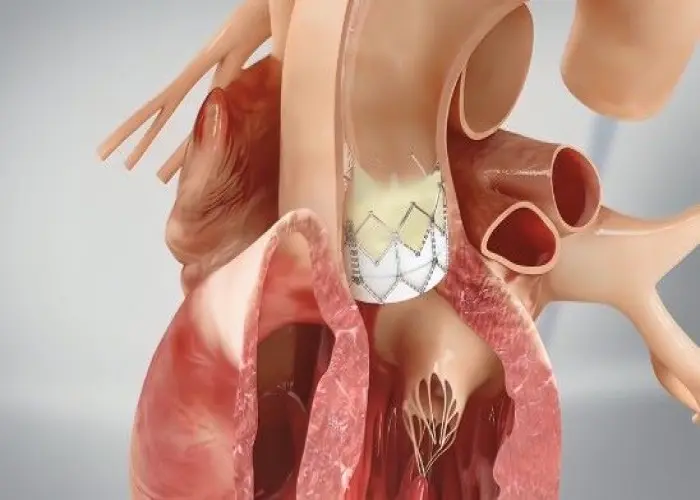
Heart valve disease

Thunderclap headaches

Muscle strains
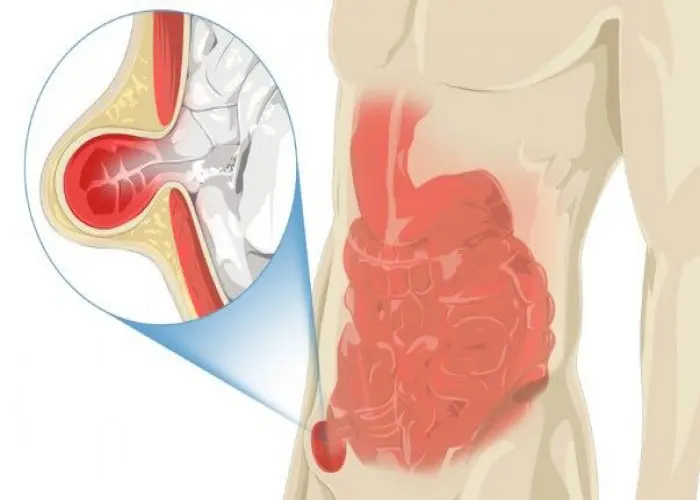
Inguinal hernia
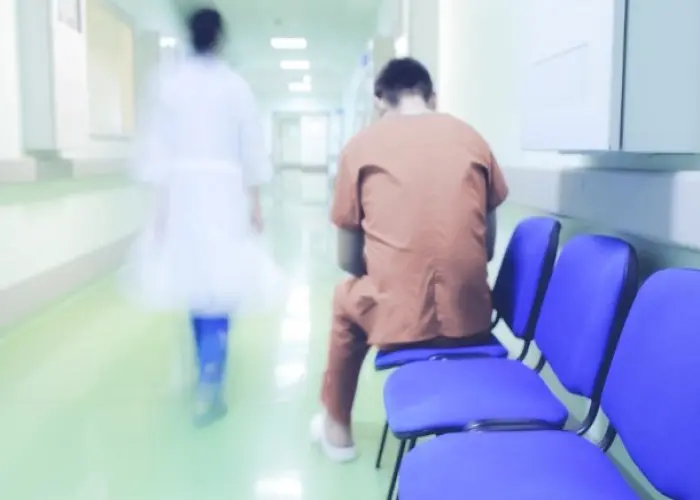
Delirium

Hives (Cold urticaria)

Progressive supranuclear palsy

Milk allergy
prostate cancer, মূত্রথলির ক্যান্সার
To be happy, beautiful, healthy, wealthy, hale and long-lived stay with DM3S.
